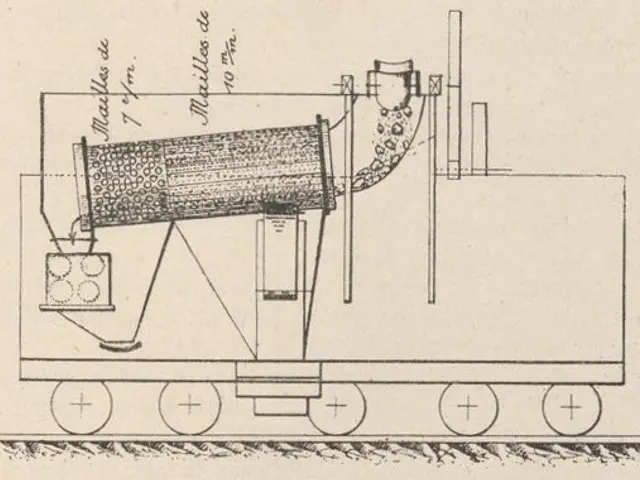Oregon Proposes Shattering Current Monopoly on Sports Betting
Cracking Oregon's Sports Betting Monopoly:
Sports Oregon, an association encompassing prominent sports industry players like Adidas, Nike, and the Portland Trail Blazers, along with sportswear tech behemoths, are lobbying to loosen Oregon's strict sports betting laws. According to reporting by LSR, this push comes as the state's current sports betting model, a monopoly run by DraftKings, generates substantial revenue - a potential $289 million by year five, if the market becomes more competitive.
The Battle of Monopoly vs Open Market
In a meeting of the Oregon Joint Interim Committee on Gambling Regulation, Nathan Nayman, Sports Oregon's external affairs and special projects specialist, pleaded the case for scrapping the state's existing monopoly. He argued that the current setup is outdated and deprives the state of millions in potential revenue.
To strengthen their argument, Sports Oregon retained the services of Innovation Group to evaluate the full potential of Oregon's sports betting market. The study revealed that, in the past 12 months ended March 31, 2022, the single operator, DraftKings, raked in $31.8 million in revenue.
By comparison, an open and competitive market could generate up to $289 million in revenue through license fees and taxes by year five. Surprisingly, if the current monopoly's revenue rate is maintained, by year five the state would only see $159 million in revenue, falling well short of the potential gains.
Revenues Under the Microscope
However, what Nayman did not disclose was that, if the monopoly model is retained, the state could potentially collect $90 million in taxes by year five - 45% more than an open market would generate.
Nayman did highlight other benefits of opening the market, such as better fan engagement, sports integrity, problem gambling controls, tribal inclusion, and technological advancements within the sports industry. He pointed to the sports betting models in Arizona and Ohio as examples of how a more competitive market could work in Oregon, stressing Sports Oregon's commitment to collaborate with legislators on this issue.
With the potential for higher revenues and various other advantages, the fight for Oregon's sports betting market is far from over. As both sides present their arguments, the future of Oregon's sports betting industry hangs in the balance. Stay tuned for more updates on this captivating debate.
- Sports Oregon, advocating for industry players, seeks to dismantle Oregon's rigid sports betting laws, aiming for a more competitive market.
- The state's current monopoly, managed by DraftKings, has yielded substantial revenue, potentially $289 million in five years if competition increases.
- At a meeting of the Oregon Joint Interim Committee on Gambling Regulation, Nathan Nayman, Sports Oregon's external affairs specialist, urged for the removal of the state's monopoly.
- Innovation Group, hired by Sports Oregon, assessed the full potential of Oregon's sports betting market and found that an open market could generate up to $289 million in revenue by year five.
- If the current monopoly continues, the state could only expect $159 million in revenue by year five, falling short of the potential gains.
- However, retaining the monopoly could potentially secure $90 million in taxes by year five, 45% more than an open market would generate.
- Nayman emphasized other advantages of opening the market, such as better fan engagement, sports integrity, problem gambling controls, tribal inclusion, and technological advancements.
- He cited Arizona and Ohio's sports betting models as examples of a more competitive market's potential in Oregon.
- The future of Oregon's sports betting industry hinges on this debate, with both sides presenting their revenue-driven and other beneficial arguments.
- Personal-finance measures show that an open market could lead to increased revenues, while maintaining the monopoly could mean higher taxes for the state.
- In the realm of finance, an open market seems more profitable in the long run, but the state's immediate tax collection could be potentially higher with the monopoly.
- The sports industry is not the only sector that could experience technological advancements, with technology playing a crucial role in betting, casino-and-gambling, and casino-games.
- Travelers seeking adventure could find casino-games and lotteries, while sports enthusiasts can engage in sports betting, with racing, football, baseball, hockey, golf, basketball, tennis, and sports-analysis accessible online.
- In today's data-and-cloud-computing era, the gambling trends show a shift towards responsible-gambling, ensuring that consumers have the necessary tools to make informed decisions and prevent problem gambling.
- As the world continues to evolve, so does the gambling industry, with betting extending beyond traditional sports to include weather and virtual sports, providing a new dimension to personal-finance and lifestyle investments.







